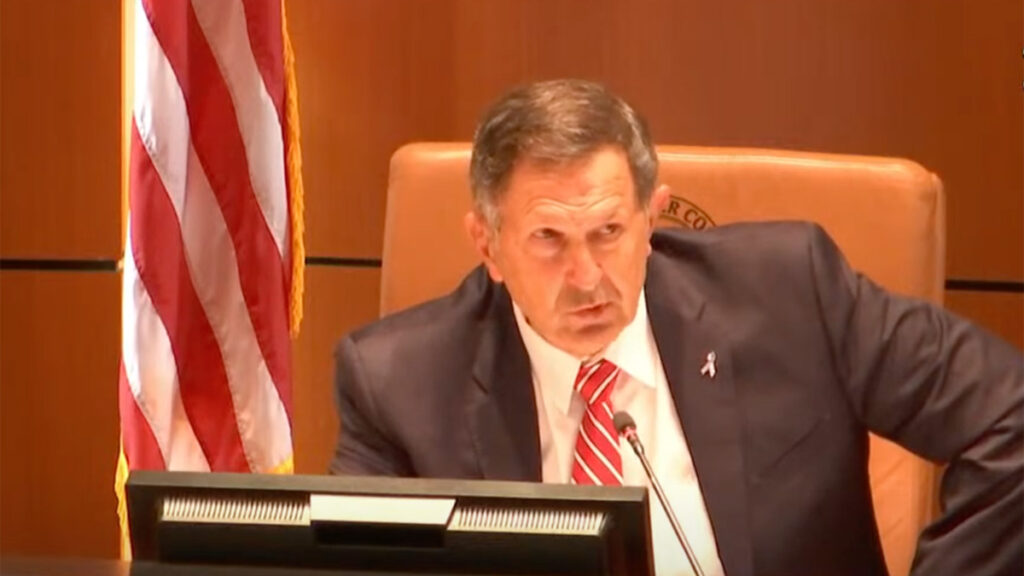Indian River County officials say they need more data from the City of Sebastian to be clear on how to plan for water-based utilities for the upcoming annexation.
The City Council will complete its annexation agreement for the 2,000-acre property at the next city council meeting on Wednesday, February 8, 2023, beginning at 6:00 pm in the city chambers.
The Indian River County Board of Commissioners spoke during Tuesday’s meeting about their growing concerns and how they plan to send a letter to city officials before next week to discuss the issues.
Communication between the city and county has been good during the past year as Sebastian gets ready to annex the property. But the county needs more information from the developer to plan for utilities.
According to county officials, the current agreement could give developers the green light to build 10,000 housing units, increasing the local population by as much as 20,000 residents.
“The county will be responsible for providing water and wastewater services to this property,” Indian River County Attorney Dylan Reingold said.
Reingold also stated that the first time he heard of a potential 10,771 homes built on the property was last Wednesday night during the Sebastian City Council meeting.
“So only Wednesday night did we finally hear this was the new magic number that Public Works is going to have to deal with,” he said.
Reingold emphasized that with two people per home, that could be 21,000 more people, a city larger than the City of Vero Beach and one that’s coming close to the current size of the City of Sebastian.
The attorney also said the county does not oppose the annexation but encouraged the property owners to coordinate with their staff.
“The county will need additional contributions by the property owner, such as a dedicated water and/or wastewater plant site, in order to commit to and plan for the provision of water and wastewater services to the proposed annexation area,” Reingold said.
The board of county commissioners also echoed Reingold’s concerns. They want the issues settled up on the front end so the county can prepare for utilities and proper direction.
“Not only water and sewer but for fire rescue, law enforcement services, anything of that nature that would encompass that the community needs to survive,” said County Commissioner Joe Earman.
County Commissioner Susan Adams said they are expected to provide services for the property, but they don’t have enough information to plan.
Water Availability
Last September, former County Administrator Jason Brown said the current county utility system has excess capacity to handle 10 to 20 years of growth.
However, the county would need to acquire more permits to take a larger volume of water out of existing potable wells, as it’s approaching the maximum 12.8 million gallons per day permitted by regulators at the St. Johns River Water Management District and the Florida Department of Environmental Protection.
Brown said the county has plenty of adequate drinking water and said staffers already had discussions about expanding the utility’s “consumptive use permit” for water due to growth in the county.
County Director of Utilities Sean Lieske said Wednesday the county is in the process of upgrading its “consumptive use permit” to 16 million gallons per day. However, that allotment is already accounted for and does not include the annexation.
Lieske estimates that an additional 3 million gallons of water will be needed daily to provide services to the property.
The county has 7 wells at each water treatment plant, totaling 14 wells to serve 12.8 million gallons of water.
“We can’t just assume that those wells are going to be able to handle that. We’re going to have additional water resources, we need to look at where that water is going to come from, and we need to be able to plan that,” said Lieske.
Lieske says the key to moving this forward is to set aside some property for a water treatment plant.
